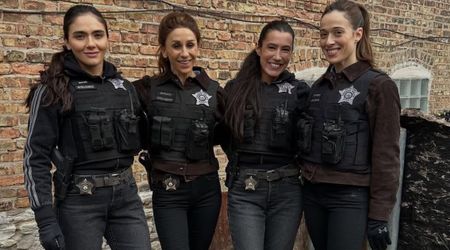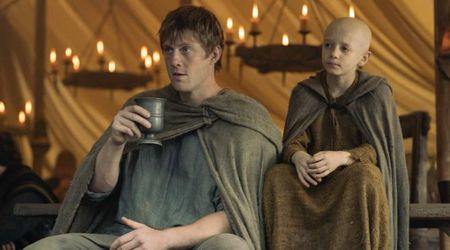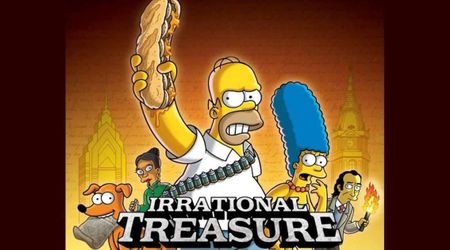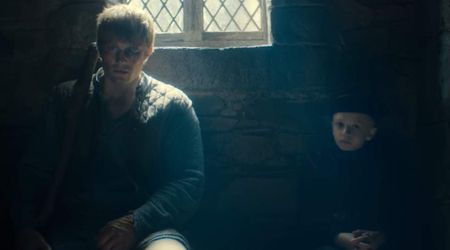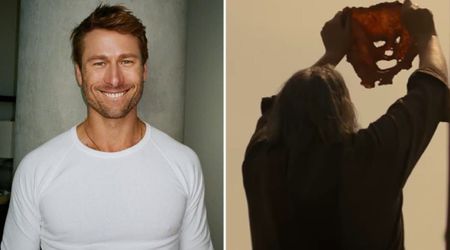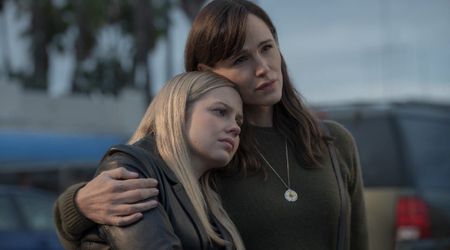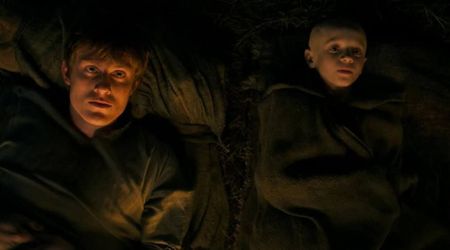EXCLUSIVE | 'Godfather of Harlem' creator Chris Brancato reveals reason behind creating gangster epic

That 'Godfather of Harlem' stands with a healthy 95% rating on Rotten Tomatoes doesn't and most definitely shouldn't come as a surprise. The site's critical consensus reads: "As sharply dressed as it is smartly written, 'Godfather of Harlem' walks familiar blocks to its own beat and makes a strong first impression," which is pretty spot on. The gangster epic concluded its 10-episode run on December 1 and hopefully, is renewed for a Season 2. Simply because it has to. There's so much about Bumpy Johnson (essayed by the versatile Forest Whitaker) that is to be told and the runaway hit season most definitely merits a second installment.
The bigger question was "Why was this created in the first place?" Answering it was series creator, Chris Brancato of the 'Narcos' fame, and now with 'GoH'. In an exclusive with MEA WorldWide (MEAWW), the showrunner delves into the nitty-gritty of the series.
"Well, what happened was, first of all, my co-writer, Paul Eckstein and I went to college together," Brancato said. "And so for decades, he had been saying to me, 'we have to do something about this guy, Bumpy Johnson'. He's the unknown gangster of Harlem. And so we worked on, in the 90s a movie called 'Hoodlum'. We co-produced it together and I wrote it. Where Lawrence Fishburne played Bumpy Johnson. And that movie was very, very popular in the African American community, but not well known otherwise.
"And so 22 years after that movie came out, we were approached by Forest Whitaker and a couple of producers and they said, 'Do you want to do a series about bumpy in the 60s?' We thought about it and we wondered how we would be able to tell a story that was different from the then Harlem, which was Bumpy's early career in the 1930s and it seemed to us that this friendship that we knew existed between Bumpy and Malcolm X. Which is a true fact. It felt like that was a great point of departure for a series, the collision of the criminal underworld and the civil rights movement in the early sixties Harlem," he added.
Brancato also explained that there was little known information about these connections. "Take, for example, Malcolm X. His soldiers were former Harlem streets. Criminals, you know, in other words, the intersection between the world of crime and the world are fighting for rights. The connections were there and were part of a system where economically the best way to gain an advantage for a group that's viewed as second class citizens is a crime."
"There are no barriers to entry. You don't need a medical degree or a law diploma. You can just enter and you can make money. And that's how you gain political and social and cultural power. So we decided to examine this collision of crime and civil rights, and I think that's what gives the show a kind of fresh angle, " added Brancato
(To lend an easy-to-read experience for our readers, the original interview has been split into multiple stories. Stay with us as we update our site with more of Brancato's valuable insights on 'Godfather of Harlem')

